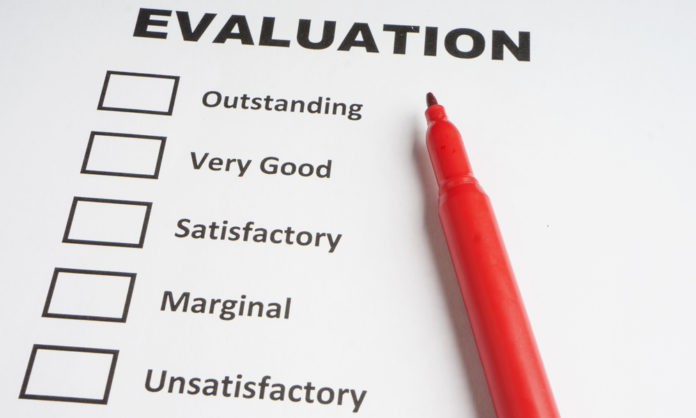Protest challenging agency’s past performance evaluation is denied. The protester alleged the agency ignored problems with the awardee’s past performance. GAO found that the agency had not been aware of the awardee’s past problems, and those past performance problems were not necessarily relevant to the current solicitation. The protester also argued that the agency focused too heavily on the protester’s past performance issues. But GAO found that the protester had performance issues on the incumbent contract. Those problems had resulted in the agency reducing the scope of work under the contract. GAO determined that the agency reasonably assessed the protester’s performance issues under the very relevant incumbent contract.
The Army issued a solicitation to holders of the Global Tactical Advanced Communications IDIQ contract. The solicitation sought to award a task order for maintenance and sustainment of communications systems. Datapath, Inc. and Envistacom, LLC, among other offerors, submitted proposals. The Army determined that Envistacom’s past performance was superior to Datapath’s and that its slightly lower price offered the best value. Datapath protested the award to Envistacom.
Datapath alleged that the Army ignored problems with Envistacom’s past performance. Datapath noted that Envistacom had failed to deliver on a past task orders it had with the Defense Logistics Agency. But GAO found that even assuming that Envistacom had an unsuccessful performance on those task orders, the Army had not erred in failing to consider that performance. Those other orders have involved the delivery of products. This solicitation in this case sought services. Thus, the previous task order were not obviously relevant.
Datapath also contended that the Army should have considered Envistacom’s performance on those task orders because two of the agency officials that evaluated past performance in this procurement were personally award of Envistacom’s deficient performance. GAO noted that an agency cannot reasonably ignore past performance information of which it is aware. That said, it was not clear the evaluators in this case were even aware of Envistacom’s performance. The other orders had been issued by a different contracting office. Moreover, it was not apparent that the evaluators had ever been personally advised on Envistacom’s failures on those orders.
Datapath also objected to the evaluation of its own past performance. Datapath was the incumbent and it had submitted the incumbent contract as a past performance reference. The Army found the contract very relevant. But based on performance problems Datapath had on the incumbent contract, the Army found that Datapath’s past performance only a merited a rating of satisfactory confidence. Datapath alleged that the Army had been too focused on the company’s early problems in performing the contract while failing to adequately consider Datapath’s more recent higher ratings, which showed that the problems had been resolved.
GAO did not find Datapath’s argument compelling. The record showed that the Army had to remove a portion of the work under the incumbent contract due to Datapath’s performance issues. While the Army concluded that Datapath’s past performance record as whole showed satisfactory confidence, the agency reasonably identified a risk due the company’s inability to successfully perform the full scope of the incumbent contract.
Datapath further alleged that the Army had disparately evaluated past performance. Specifically, Datapath argued that its own and Envistacom’s past performance record showed similar performance problems, but that the Army treated Datapath more harshly than Envistacom in assessing those problems.
GAO found that the record did not support Datapath’s argument. Datapath was the incumbent contractor and its performance issues resulted in the Army decreasing the scope of work on a very relevant contract. In contrast, Envistacom’s past performance record showed that while the company had experienced performance problems, it had undertaken successful efforts to improve its performance. Based on the differences in the companies’ performance records, GAO had no basis to find that the Army engaged in disparate treatment.
Datapath is represented by Lee Dougherty and Everett Dougherty of Effectus, PLLC. The intervenor is represented by Richard J. Conway and Michael J. Slattery of Blank Rome LLP. The agency is represented by Jonathan A. Hardage and Jennifer A. Janulewicz of the Army. GAO attorneys Paul N. Wengert and Tania Calhoun participated in the preparation of the decision.





